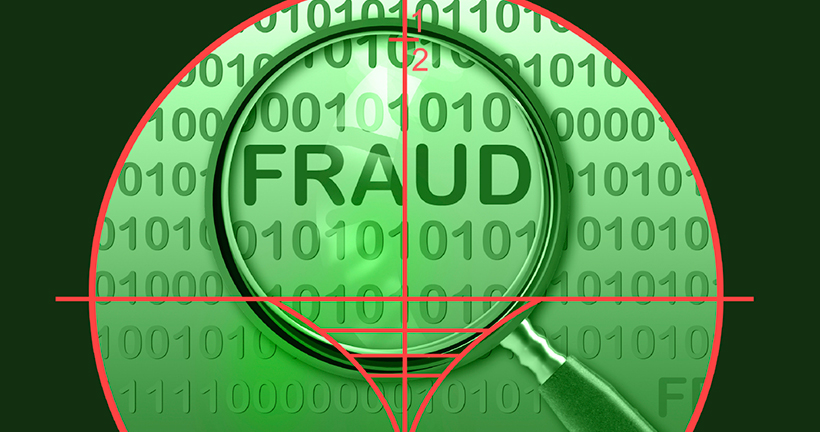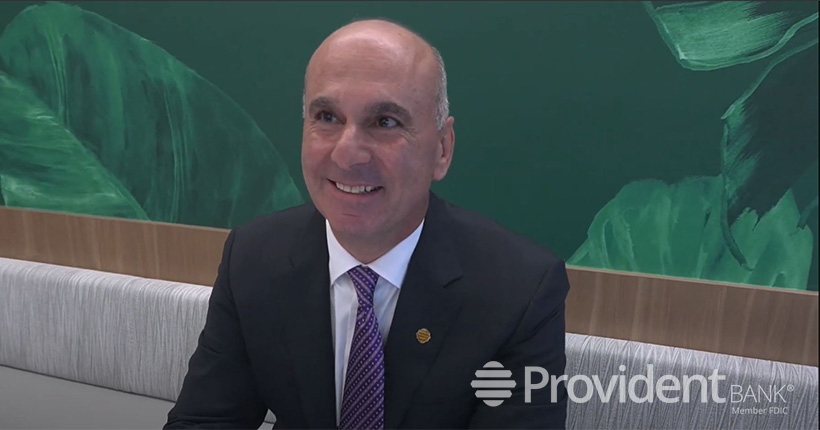
FDIC-Insured - Backed by the full faith and credit of the U.S. Government

FDIC-Insured - Backed by the full faith and credit of the U.S. Government
 VIEW ALL EDUCATION & INSIGHTS
VIEW ALL EDUCATION & INSIGHTS
May 26, 2013
Fraud Protection: What You Need to Know

Undetected fraud can cost businesses time, money, and in some cases, their reputation. It can threaten the stability of a business, resulting in significant financial losses.
In fact, the Association of Certified Fraud Examiners recently issued the 2012 Report to the Nations on Occupational Fraud and Abuse, which estimates that the typical organization loses five percent of its revenues to fraud each year.
According to the report, the median fraud loss sustained by companies in the construction industry was $300,000, ranking construction as the third highest out of 23 industries included in the report.
This is a significant statistic. More than ever, contractors must consider how they can protect their business against fraudulent activity. The construction industry has been hit extremely hard by the economic recession, and these economic pressures can lead to an increased risk of fraud at a time when construction companies can least afford it.
The nature of the construction industry – which often includes large payrolls and paper checks – make it particularly vulnerable. The most common fraud occurrences affecting construction companies include check tampering, fictitious vendors, inflating invoices from subcontractors, and payroll fraud.
Often times, however, contractors don’t consider fraud protection until they’ve experienced a fraud event. It’s important as a business owner to put the right processes in place in advance to prevent against inherent risks. It’s also much easier to prevent fraud than it is to detect fraud.
To learn about fraud prevention resources that are available, consider contacting your local bank to inquire about their product and service offerings. You should also ask them for a copy of their suggested procedures for preventing check fraud, check stock considerations, check reconciliation processes, and the written procedures that they follow to reduce check fraud.
For example, at Provident Bank, we offer Positive Pay, which is a fraud protection product for paper-issued items. It’s a stand-alone product that is not part of an account reconciliation system. Customers upload a file of issued items to include account number, check number, and amount. As checks are processed by the bank, the system will automatically attempt to recognize all of those fields and it will reject items that don’t match up. For added convenience, this product is available through Provident’s website, which gives businesses remote access to manage it.
Another helpful product is Debit Block, which does exactly what it says. It blocks unauthorized debit transaction from customer accounts. It’s simple for business owners to manage – all contractors need to do is let the bank know which vendors are authorized, such as equipment loans from a third party or medical care provider, and any unauthorized debits are rejected from the account.
Fraud is often perpetrated on easily recognizable companies, which underscores the importance of having prevention measures in place now to protect your company’s assets and overall brand. While no system of internal controls can fully eliminate the risk of fraud, there are proactive steps that contractors can take to minimize these events. Talk to your banker to learn how you can protect your business.
William. J. Ruckert, III is senior vice president of Middle Market Lending at the Provident Bank. Based in Provident’s Iselin office, Ruckert oversees commercial financing for companies with sales of $15 million or more. He holds a bachelor’s degree in business administration from Loyola College in Maryland.








 Views
Views


 Views
Views

 Go Back
Go Back







